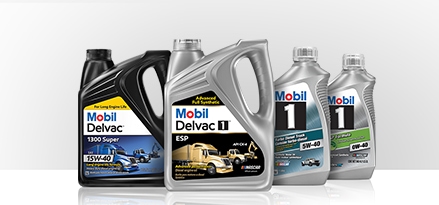Frequently asked questions
Weather FAQs - Grease
Overgreasing the fifth wheel latch mechanism will tend to cause the latching mechanism to operate improperly (latching correctly). This can prevent the latch from locking properly on the trailer king pin and could result in the trailer accidentally dropping. Overgreasing also makes the fifth wheel latch difficult to operate during cold temperatures, which drivers often complain about.
A truck's greased components are subjected to more adverse conditions during winter weather conditions. Adequate grease is critical to ensure long component life and to keep out contaminants. Since grease is harder to pump and flow under cold temperature conditions, it is important that truck shops ensure their grease equipment is maintained and adjusted properly to ensure good pumping pressure and grease flow through the entire grease-dispensing system to the grease gun nozzle. Any leaking lines, hoses or grease guns should be repaired or replaced. Air pressure to the grease pump must be adjusted to ensure good grease flow and pressure to the vehicle’s greased components. Technicians should also visually ensure clean grease is purged through all outlets of the components, such as all trunnions on a u-joint.
Truck or trailer units utilizing on-board automatic grease-dispensing systems should ensure the proper grease product is being used to ensure good flow under cold temperature conditions and the lubricator is adjusted to provide adequate pumping under cold temperature conditions as the grease will be harder to pump as temperatures decrease. Inadequate flow will lead to early component failure. If the current grease product is not performing under cold temperature exposure, consider dropping to a lower NLGI grade and consult your lubricant supplier.
During winter weather conditions, vehicle suspension components can be subjected to more adverse conditions, such as increased water and contamination from road salting. Careful attention is needed to ensure that the suspension components are greased at a regular interval and the proper amount of grease is applied to help minimize the entry of road contaminants, and to replace grease that has been washed out due to excessive water exposure. It is also important not to overgrease components as this can rupture seals and lead to reduced component life. A ruptured seal can lead to loss of grease and lack of lubrication as well as intrusion of road contaminants, water, dirt, etc.
Differentials and wheel hubs can be exposed to increased water intrusion during winter months from wet road conditions, high water at curbs, road flooding, etc. The lubricant condition should be inspected for water contamination when levels are checked. A visual inspection that shows a hazy or cloudy appearance or visible water droplets can indicate an excessively wet lubricant. Any indication of water intrusion should be investigated for the cause and the lubricant changed.




